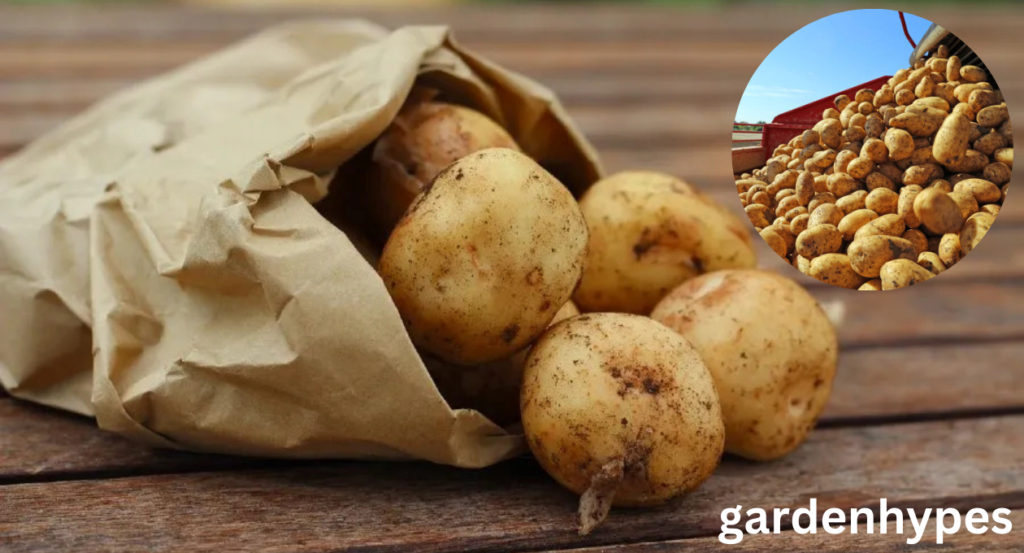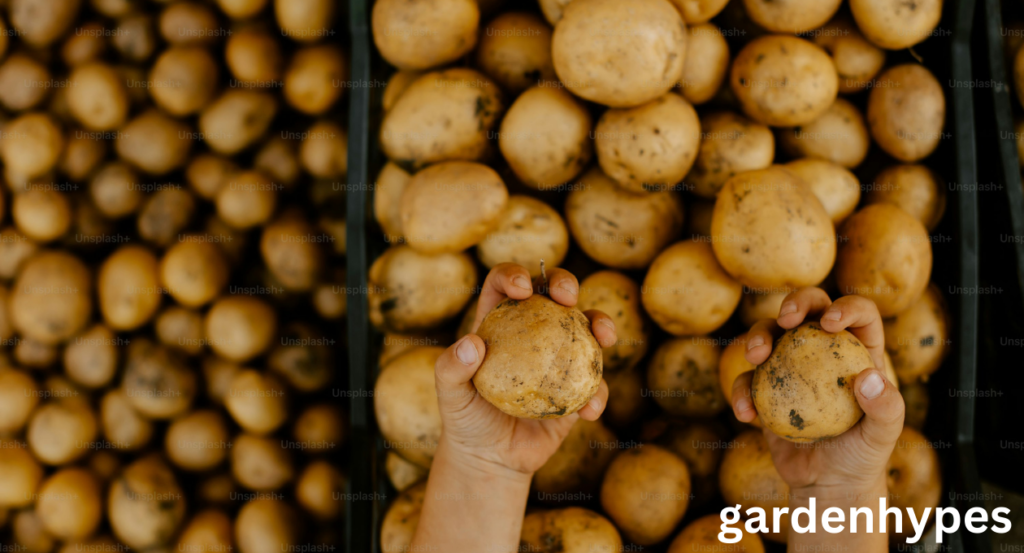Potatoes Shortage Understanding the Global Impact 2024
Introduction to the Potato Crisis
Potatoes—often dubbed the world’s most versatile food—are facing a surprising crisis. A global shortage of this humble tuber has sent shockwaves through food industries and households alike. This article dives into the heart of the problem to understand why there’s a scarcity and how it’s affecting us.
click in link Banana Producing Countries
What Is Causing the Potatoes Shortage?
The reasons for this shortage are multifaceted, ranging from erratic weather patterns to logistical issues in agriculture and trade. Climate change has amplified weather unpredictability, leading to decreased potato yields. On top of that, global supply chain disruptions have compounded the issue, making it harder to meet demand.
Why Potatoes Are a Global Staple Crop
Potatoes hold a special place in diets across the globe. From mashed potatoes at family dinners to crispy fries at fast-food chains, they’re a source of comfort and sustenance. Moreover, potatoes are economically crucial, serving as an affordable food option for billions.
Factors Contributing to the Potatoes Shortage
Climate Change and Extreme Weather Events
Unpredictable weather patterns have wreaked havoc on potato crops. Heatwaves, droughts, and unseasonable frosts have significantly reduced harvests in major potato-producing countries like the U.S., India, and the Netherlands. For example, many farmers have reported losses due to extended periods of drought or heavy rains.
click in link Banana Producing Countries
Disruptions in the Supply Chain
The COVID-19 pandemic triggered global supply chain chaos, and the agricultural sector wasn’t spared. Transportation bottlenecks, labor shortages, and increased fuel prices have all made it harder to deliver potatoes from farms to markets.
Rising Costs of Potato Farming
Farmers are also grappling with increased costs. Fertilizers, pesticides, and energy costs have surged in recent years, making potato cultivation less profitable. Many farmers have either reduced their production or shifted to alternative crops, worsening the shortage.
The Economic Impact of Potatoes Shortage
Effects on Food Prices Worldwide
The shortage has pushed potato prices to unprecedented levels, affecting both retail and wholesale markets. Popular potato-based products, such as chips and frozen fries, have seen price hikes, making them less accessible to consumers.
click in link Banana Producing Countries

Strain on Farmers and Agricultural Industries
Farmers are under immense pressure to cope with reduced yields and rising operational costs. This has created a ripple effect across the agricultural industry, with businesses dependent on potato production facing severe challenges.
Impact on Global Trade and Exports
Countries that rely on potato exports, such as Canada and Belgium, are witnessing declines in trade volumes. This has a domino effect on economies, especially in regions heavily reliant on agriculture.
How Consumers Are Affected
Scarcity of Potato-Based Products
The effects of the shortage are visible on grocery shelves. Frozen fries, potato chips, and even raw potatoes have become harder to find in some regions, leading to consumer frustration. Restaurants, too, are altering menus to account for limited potato supplies.
click in link Banana Producing Countries
Changes in Consumer Behavior and Demand
Faced with rising costs and limited availability, many consumers are turning to alternatives like rice or pasta. This shift in dietary patterns is a testament to how a shortage can ripple into everyday lives.
Measures to Address the Shortage
Innovations in Agriculture
Advanced farming techniques, such as precision agriculture and genetically modified crops, are being explored to improve potato yields and counteract the impact of climate change.
Sustainable Farming Practices
Promoting sustainable agriculture, including crop rotation and organic farming, can enhance soil health and increase potato productivity over the long term.
Government Policies and Support
Governments worldwide are stepping in to provide subsidies and resources to farmers. Efforts to stabilize trade and reduce logistical barriers are also underway.
Lessons to Be Learned from the Crisis
The Importance of Diversified Crop Production
Relying too heavily on a single crop increases vulnerability. This crisis underscores the need to diversify agriculture to avoid similar shortages in the future.
Enhancing Climate Resilience in Agriculture
Investing in climate-resilient farming technologies and infrastructure is crucial to safeguard against extreme weather events and ensure food security.

Conclusion: Preparing for a Sustainable Future
The potatoes shortage has revealed the fragility of our food systems in the face of climate change and global disruptions. By adopting innovative practices, supporting farmers, and promoting sustainability, we can not only recover from this crisis but also build resilience for the future.
click in link Banana Producing Countries
FAQs
1. What caused the current potatoes shortage?
The shortage stems from a combination of factors, including extreme weather, supply chain disruptions, and rising farming costs.
2. How is the shortage impacting everyday consumers?
Consumers are facing higher prices and limited availability of potato-based products, prompting changes in shopping and eating habits.
3. Can the potato shortage be resolved soon?
While measures are being taken, it may take several growing seasons and global coordination to fully resolve the issue.
4. What are governments doing to address the crisis?
Governments are providing financial aid to farmers, investing in agricultural research, and easing trade restrictions to stabilize the supply chain.
5. How can we support farmers during this time?
Supporting local farmers by purchasing their produce and advocating for sustainable farming policies can help alleviate some of the pressure they face.
